Big decisions
- At the 9th Session, the 15th National Assembly passed a Resolution on universalizing preschool education for children aged 3-5. What does this mean for the people and the community, sir?
- The National Assembly's approval of the Resolution on universalizing preschool education for children aged 3-5 (Resolution) is a strong step forward in the strategy for sustainable human resource development. Preschool is the golden period for physical, cognitive, emotional and social development. Investing in preschool education is investing in the future of the country. Universalizing education for children aged 3-5 creates a foundation for equal access to education, helping all children have the opportunity to develop their individual potential to the fullest.
The resolution directly contributes to improving population quality. Children who are cared for, nurtured, and educated scientifically from an early age will have a good foundation in health, intelligence, and personality, and be ready to enter grade 1 and learn better at the next levels. This is a key factor in the transition from a “large population” to a “high-quality golden population”, meeting the requirements of rapid and sustainable development in the context of digital transformation and deep international integration.
Universalizing preschool education clearly demonstrates social security and equity policies. Children in remote areas, ethnic minorities, industrial zones, etc. will be given priority by the State to ensure their right to education, thereby narrowing the development gap between regions and target groups. The Resolution also demonstrates the strong commitment of the Party and State to put children at the center, leaving no one behind on the development journey.
The adoption of the Resolution is a major policy with a long-term vision, contributing to building a fair, humane and comprehensively developed education system - in line with the spirit of "education is the top national policy" that our Party and State always steadfastly implement.
- To implement this policy, attention must be paid to staff and facilities, especially in disadvantaged areas and industrial zones. What specific plans does the Ministry of Education and Training have to add teachers and expand schools from now until 2030?
- The Ministry of Education and Training identifies a number of key solution groups for the period from now to 2030 as follows:
Regarding the staff, implementing policies to support tuition fees and living expenses for pedagogical students according to Decree No. 60/2025/ND-CP, developing specific local policies, and the Project on developing the team of teachers and managers of preschool education institutions for the period 2026 - 2035 to ensure the goal of having enough high-quality resources to serve universal preschool education.
Second, regarding facilities, the Ministry of Education and Training is advising the Government on the National Target Program on modernization and improvement of education and training quality, ensuring investment policies on facilities and equipment to meet universalization requirements in the coming period; focusing on particularly difficult areas and rapidly urbanizing areas.
At the same time, the Ministry of Education and Training will advise the Government to direct localities to promote the socialization of preschool education in a clear and transparent manner and encourage the participation of organizations and businesses in building schools, especially in places where the State cannot invest in time.
Third, regarding support policies, the Ministry of Education and Training will coordinate to propose amendments and improvements to priority policies for preschool children from poor and near-poor households, ethnic minority children, children with disabilities, children of workers in industrial zones, etc. to ensure fairness in access to preschool education. Direct support policies for managers, teachers, and staff will also be studied and adjusted to suit practical requirements.
With synchronous solutions in terms of institutions, resources and policies, and the drastic participation of all levels, sectors and the whole society, universalizing preschool education for children from 3 to 5 years old by 2030 is completely feasible and sustainable.
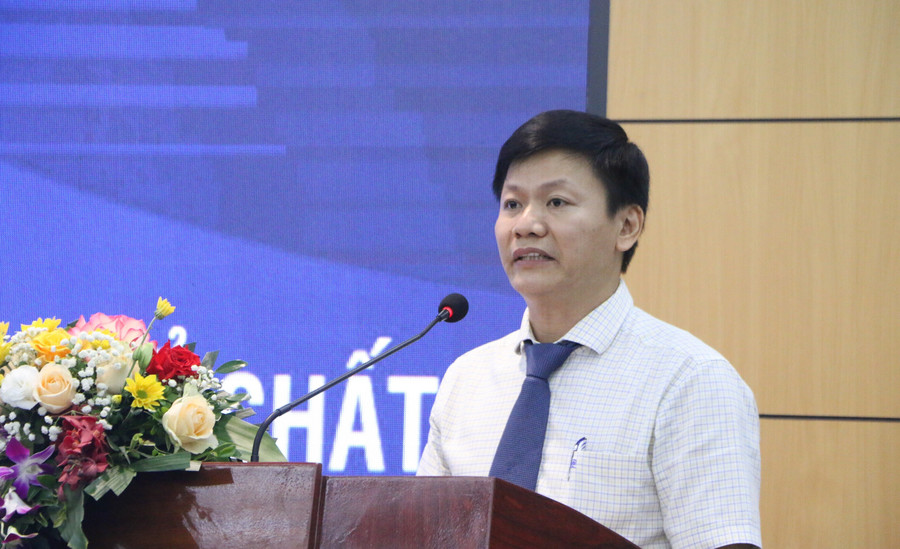
Ensuring teacher regime
- In reality, many places are currently experiencing a shortage of preschool teachers and inappropriate remuneration. What policies will the Ministry of Education and Training have in the near future to address this issue?
- Policies for teachers have been implemented according to Decree No. 77/2021/ND-CP on seniority allowances; attraction allowances for remote areas according to Decree 76/2019/ND-CP; support for preschool teachers in disadvantaged areas to teach combined classes and enhance Vietnamese; support for teachers teaching workers' children in industrial parks according to Decree No. 105/2020/ND-CP.
In the Law on Teachers passed by the National Assembly, the Ministry of Education and Training is consulting the Government to issue a Decree regulating preferential allowances for civil servants and employees in public schools, in which preferential allowances for preschool teachers are expected to increase from 35% to 45 - 80%; preschool teachers in favorable areas will have their allowances increased to 45%, and in areas with difficult socio-economic conditions it will be 80%; service and support positions are expected to enjoy a rate of 15%; 20% for shared professional titles, and 25% for specialized titles.
In addition, the salary scale of teachers in general, including preschool teachers, is ranked highest in the administrative career sector; it is proposed that teachers in preschool education institutions, if they wish, can retire at a lower age but not more than 5 years older than the regulations and will not have their pre-retirement salary rate deducted in the Law on Teachers.
- Regarding the roadmap for universalizing preschool education for children from 3 to 5 years old, which localities will the Ministry of Education and Training prioritize implementation and what are the evaluation criteria?
- The National Assembly Resolution sets out the goals and principles: "By 2030, 100% of provinces and centrally run cities will meet the standards for universal preschool education for children aged 3-5 years old" and "universalize preschool education for children aged 3-5 years old according to the roadmap, in accordance with the socio-economic development conditions of the locality, ensuring universalization conditions according to regulations".
After the Resolution is passed by the National Assembly, the Ministry of Education and Training will develop a Project to submit to the Government, which will determine a specific roadmap for completion in each locality to ensure suitability with the socio-economic situation and completion by 2030.
Regarding the evaluation criteria, it will basically be based on the standards of mobilizing children, the conditions to ensure the team and school facilities to implement universalization. Similar to the 5-year-old age group that has been implemented from 2011 to present.
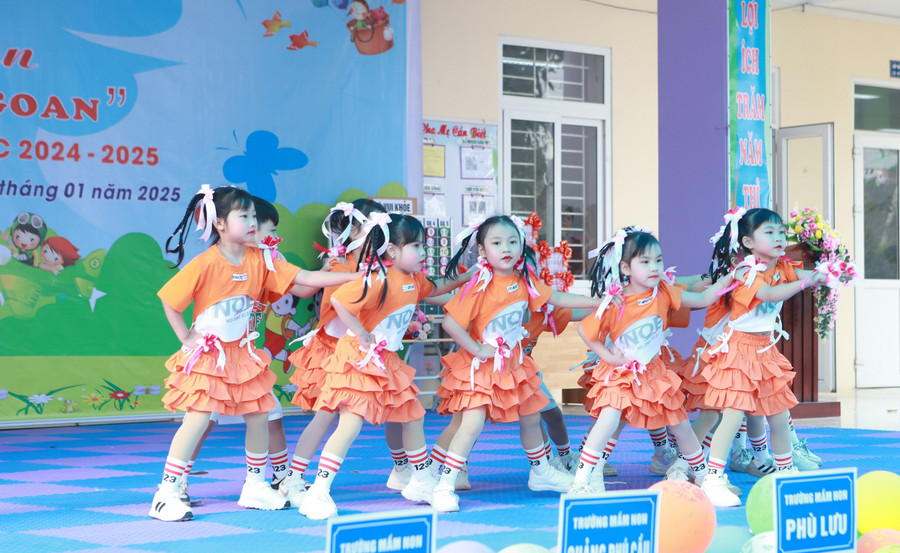
No child left behind
- In areas with industrial zones, many workers have to send their children back to their hometowns or have to send them to spontaneous childcare groups. What solutions does the Ministry of Education and Training have to support this group of people?
- This is a matter of concern in the current socio-economic development process, especially in industrial and export processing zones.
This resolution of the National Assembly has prioritized the development of preschool education in areas with a large number of migrant workers. Specifically, in Clause 5, Article 3 of the Resolution, the Government is responsible for directing the planning of school networks in these areas, encouraging socialization, in order to increase access to quality preschool education services.
The Ministry of Education and Training has developed a Project to improve the quality of preschool education in urban areas and industrial parks for the period 2025 - 2035, with a vision to 2045, to be submitted to the Prime Minister for promulgation, ensuring that preschool children who are children of workers and laborers in industrial parks have access to quality, fair and equal preschool education services.
In addition, the Resolution creates a basis for developing specific support policies for children of workers. For example, currently, support for children of workers and laborers working in industrial zones is provided according to Decree 105/2020/ND-CP.
In particular, on June 26, the National Assembly passed a Resolution on tuition exemption and support for preschool children, primary school students, etc. In the coming time, the Ministry of Education and Training will continue to research and advise on additional policies for the above-mentioned subjects; to ensure the right to education and comprehensive development for workers' children, and to create conditions for workers to work with peace of mind and stay long-term at their place of residence.
- Universalizing preschool education needs to go hand in hand with improving the quality of childcare, education and upbringing. So what is the Ministry of Education and Training's direction for the coming time?
- Universalization is not only about increasing the rate of children attending school, but more importantly, ensuring that children learn in a safe and quality environment. The Ministry will focus on three main directions:
Firstly, continue to research and innovate the Preschool Education Program to meet the requirements of the new stage.
Second, improve the capacity of the teaching staff through regular training and development and improve support policies.
Third, strengthen inspection and supervision, including applying information technology to closely monitor the quality of universal preschool education.
At the same time, the Ministry of Education and Training coordinates with localities and relevant departments to create a comprehensive development environment for children throughout the universalization process.
Thank you!
The Ministry of Education and Training will be proactive, resolute and synchronous in organizing the implementation of the Resolution. Accordingly, it will urgently coordinate with ministries and branches to advise the Government to issue Decrees and Implementation Projects with clear roadmaps, targets and resources.
Develop detailed and practical guidance plans for localities to easily implement and monitor; strengthen inspection and progress monitoring, promptly remove difficulties, especially in disadvantaged areas, densely populated and industrial areas; ensure the principle of taking children as the center, taking actual effectiveness as the measure, not leaving any child behind.
We clearly state: The Resolution is only meaningful when it is transformed into real classrooms, real teachers and equal opportunities for all children. This is the political commitment and responsibility of the entire education and training sector. - Mr. Nguyen Thanh De - Director of the Department of Preschool Education (Ministry of Education and Training)
Source: https://giaoducthoidai.vn/pho-cap-giao-duc-mam-non-cho-tre-3-5-tuoi-ro-lo-trinh-va-chien-luoc-post741551.html








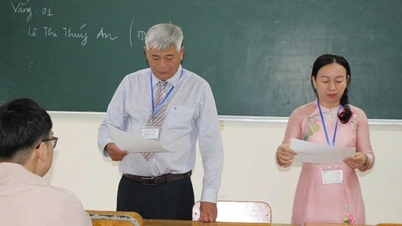






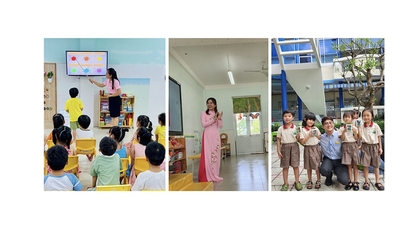

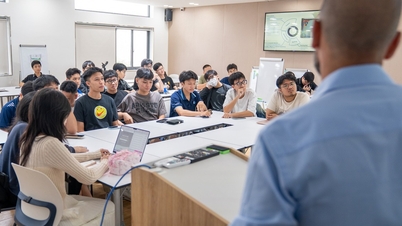

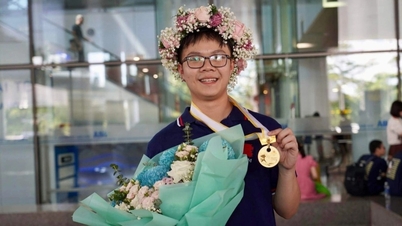

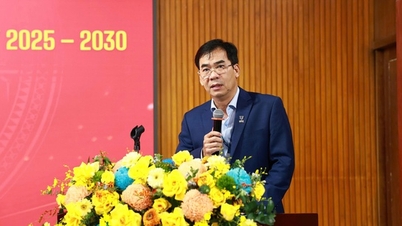
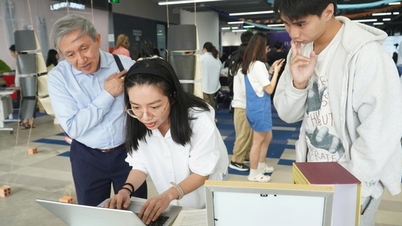








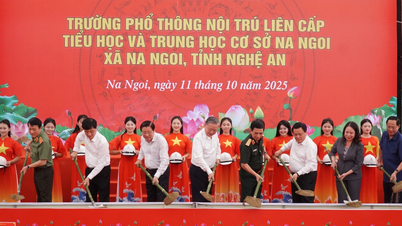








![[Video] Hue Monuments reopen to welcome visitors](https://vphoto.vietnam.vn/thumb/402x226/vietnam/resource/IMAGE/2025/11/05/1762301089171_dung01-05-43-09still013-jpg.webp)














































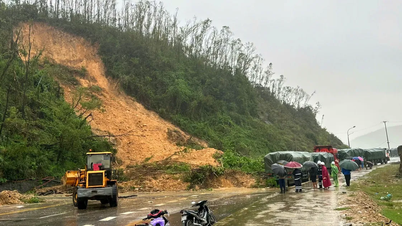

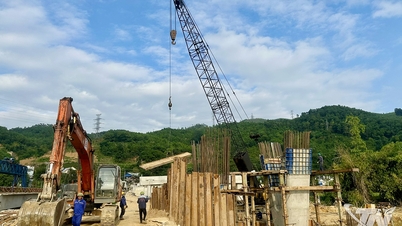




















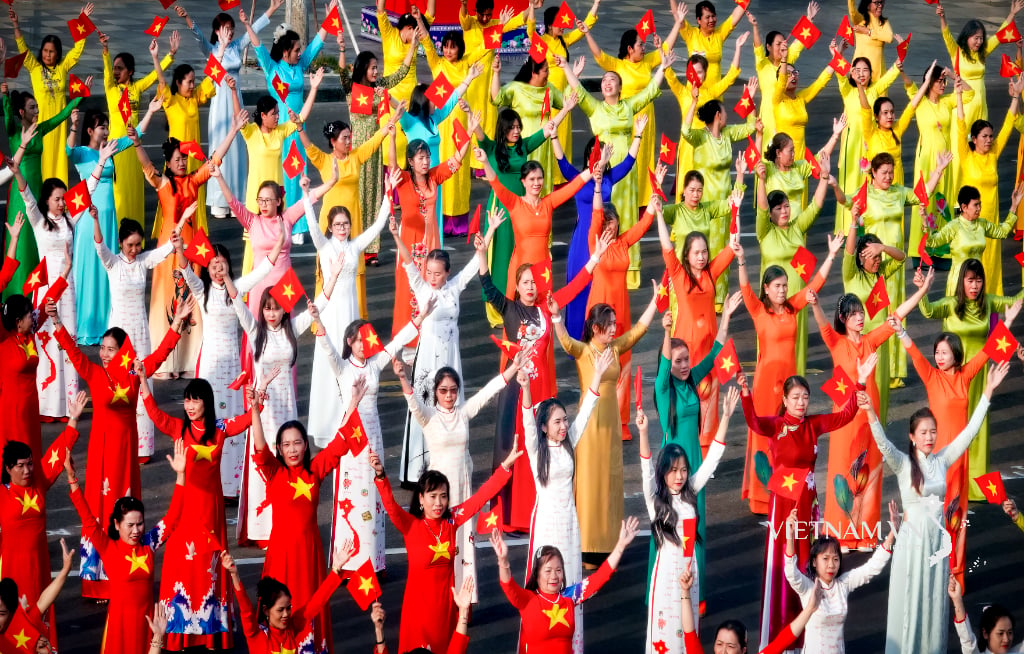

Comment (0)